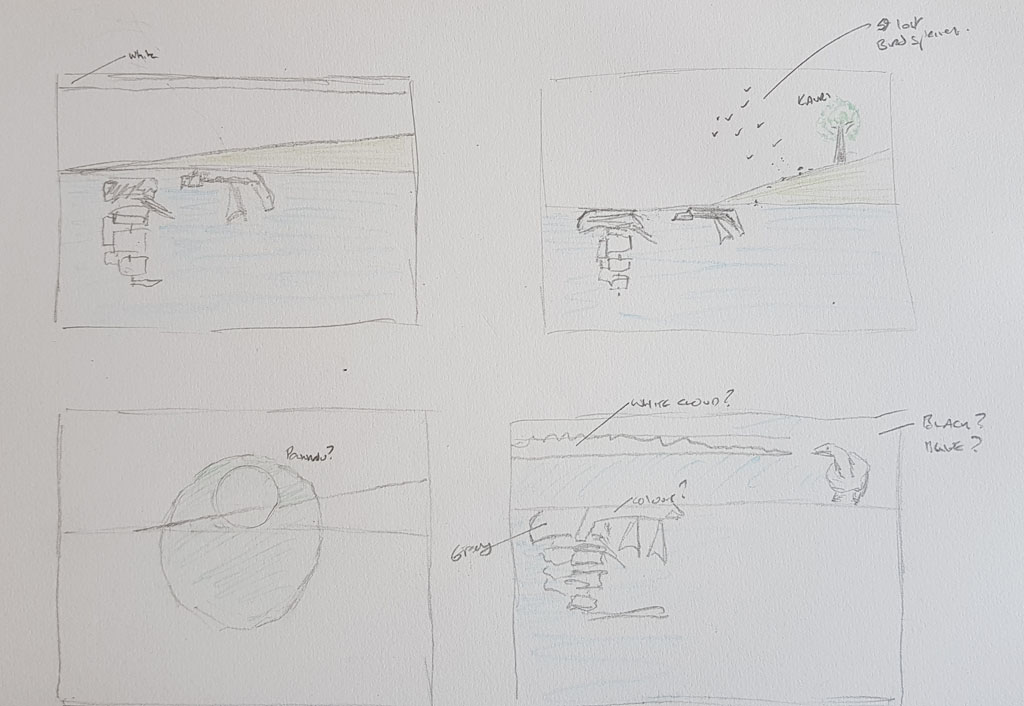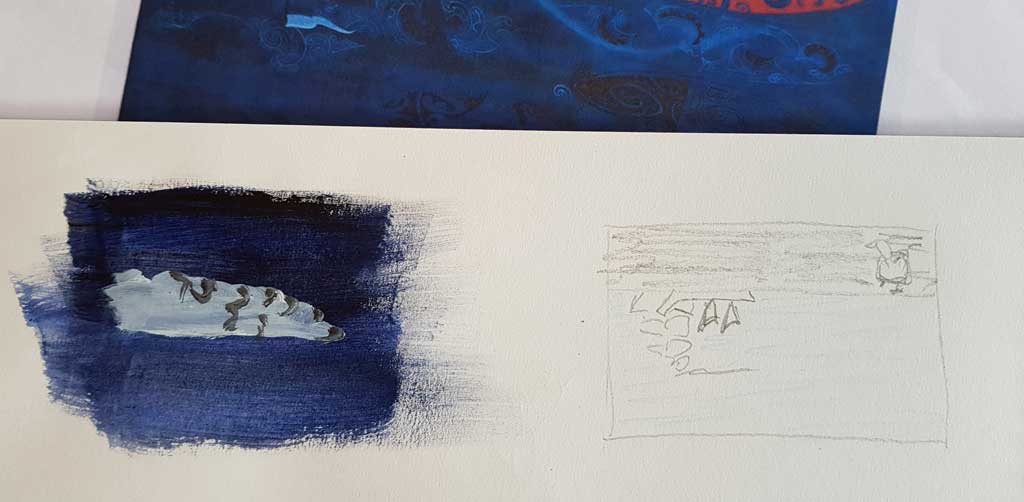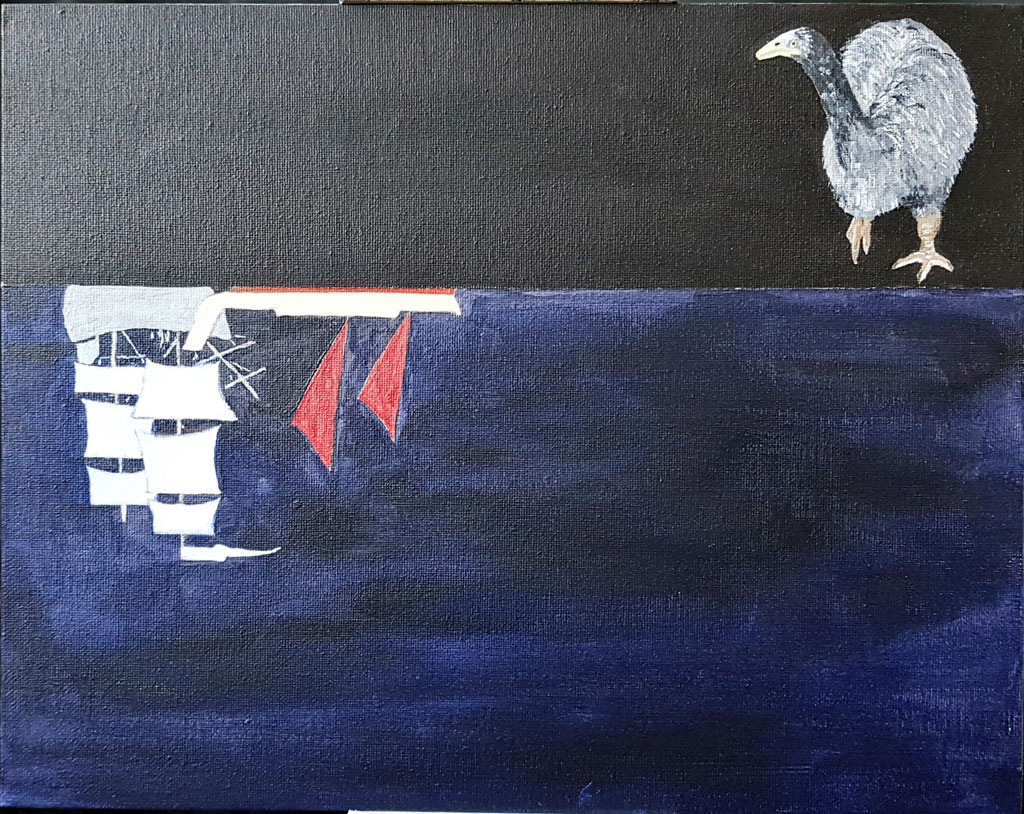Week 3: Mana Tangata
Task 1 (5 minutes)
REFLECT: Have a look at your responses to the independent study from last week, how did this weeks class discussion deepen or help develop and expand your initial understanding? You could write about this in a sentence or two, or you could go back and add to your original notes.
This week’s tutorial did give me a little more clarity of the tapu/noa concept, and discussing it with my table group helped to walk through some aspects of that. An example I hadn’t fully considered was medical waste, which in an Aotearoa context will of course need to be managed in an appropriate manner, given the potential connection to the tapu of the person/body.
Task 2 (1 hour 30 minutes)
READ: Huhana Smith's (Ngāti Tukorehe, Ngāti Raukawa ki Tonga) Mana: Empowerment and Leadership. REFLECT: Summarise the key points of Smith's essay, for example; how does Smith define mana? What are some aspects of language revitalisation? What are some of the historical events that have impacted on te reo? Write two or three paragraphs reflecting on te reo Māori in Aotearoa today. What does it mean to uphold the mana of te reo Māori? Where do you predominantly see or hear te reo Māori in your own life? How might te reo Māori be respectfully/appropriately incorporated more widely and deeply in the media, design, and art, of Aotearoa?
Mana
In the article, Smith defines mana as being a, “pervasive influence of supernatural origin that exists throughout the universe”.
I find her choice of the word “supernatural” interesting, because that definition is not one that is shared by all Māori. Strangely, this definition places mana perilously close to the definition of The Force from the Star Wars universe.
Smith goes on to clarify that mana accumulates through achievement and acclamation; mana cannot be claimed or self-assigned.
On a societal level, mana provides the foundations for Māori leadership and authority. It also provides a base for creativity, and as a descriptor for various natural domains.
Mana and Te Reo
I am not a linguistic anthropologist, and I am unlikely to become one in half an hour, but I am aware that culture and language are intrinsically linked. Smith postulates that the mana of Māori culture is bound up with the Māori language, te reo Māori.
We can think of the mana of te reo Māori as something that can be nurtured and grow, so that te reo can gain respect as one of the official languages of New Zealand, and thereby enrich New Zealand society.
I most often hear re reo spoken in my own life in a work environment, where we often use karakia before meetings and so on. I understand that this is increasingly common in New Zealand business. As someone who has lived for a long time in a country where English is not the main language, I do find this slightly tokenistic, but it may be unfair of me to make this assertion. There is a stated intent by New Zealand Government to increase the use of te reo Māori, and getting people used to hearing it in daily life could well be a good first start. There is also support from my employer to learn te reo, which is also becoming a welcome addition to the workplace.
I would argue that we can uphold the mana of te reo Māori by using it more often and more “seriously”. By this, I do not mean that casually greeting each other with a “kia ora” is wrong, but that this expression has a meaning – “have life” or “be healthy” – so we should perhaps consider that richer meaning in contrast to the much simpler “hello” – a variation on “hail” – when we are saying it.
Task 3 (30 minutes)
PRACTICE: One way of upholding the mana of te reo Māori is to learn and practice speaking it. For those of you who cannot speak any te reo Māori, watch this video at Tōku Reo, which covers pronunciation and greetings, and practice along with it (click through to the 'full-length video'). For those who are confident with pronunciation and greetings, go to the Māori dictionary and learn 3 new words related to art or design, and explain their meaning. For those who may be practising or are fluent, write a sentence or paragraph in te reo Māori on the mana of language, or about mahi toi.
OK, so I did this – can’t really write much about it!
Task 4 (3 hours)
WATCH: Jamila Lyiscott's discussion about language and the use of language in relation to identity and community. READ: This excerpt from Robert MacFarlane. McFarlane focuses on changes to the Gaelic and English languages, and its relevance to the landscape. CREATE/REFLECT: While these three resources are from different cultural paradigms, each addresses situations akin to 'upholding the mana of language'. All of these resources are also written in a more poetic register, than what is usually considered the 'norm' in academic writing. Write a poem, or some poetic prose drawing on what you've learned from the various resources about language this week.
A Poem
Speak Up
To hear another language,
and roll it around in one's mind,
is to bask, reptilian,
in another culture's sun.
To speak another tongue,
even if twisted in a beginner's fugue,
is to learn the songs,
of another culture's hearth.
We should not treat this as our holiday packing,
"picking up" a language for our souvenir hunt.
Alone among all animals, only we can change our minds this way.
Task 5 (2 hours) Self-directed study on your first assignment
WRITE and MAKE: Continue self-directed work on your assignment. Refine and revise your writing for your definition and your contextual understanding. Begin trialing, testing, drawing, producing samples for your practical component, and make a plan of what you will need to do to complete this component.
Been considering my reinterpretation, sketched some concepts, then started my painting. Needs much work yet, but good to have made a start.



